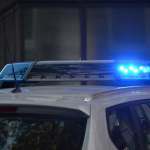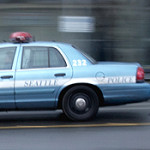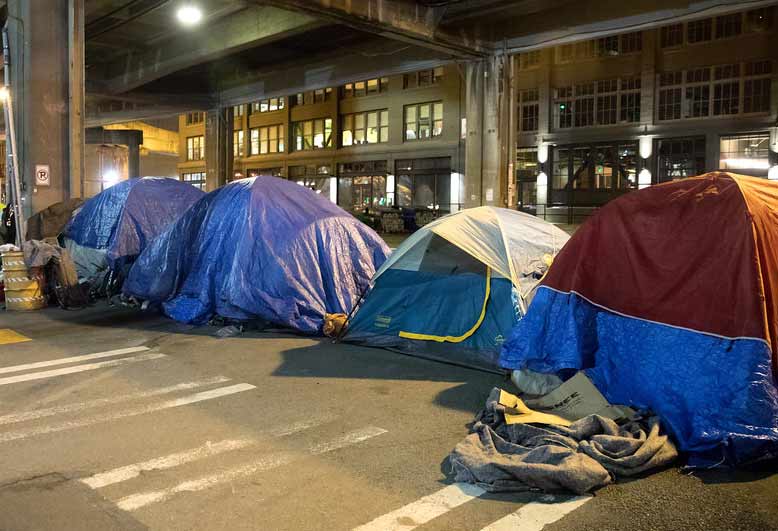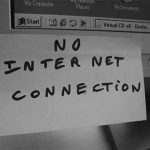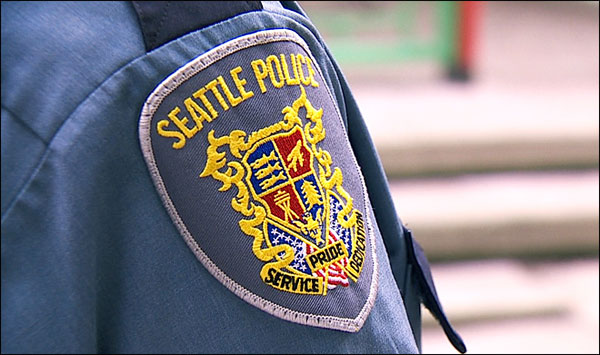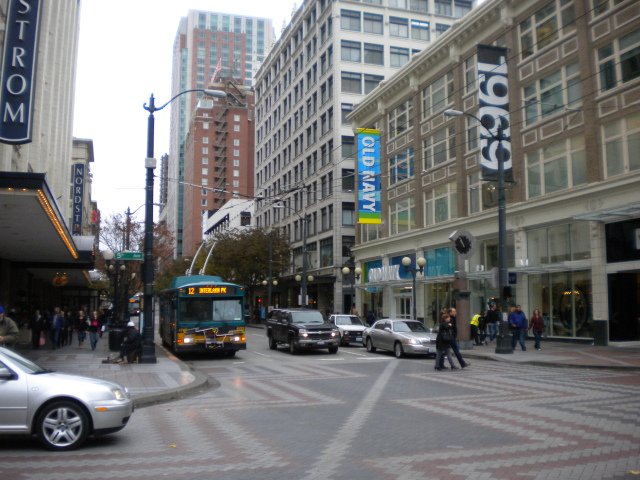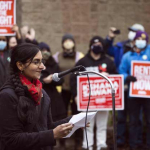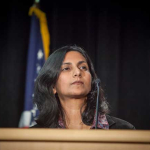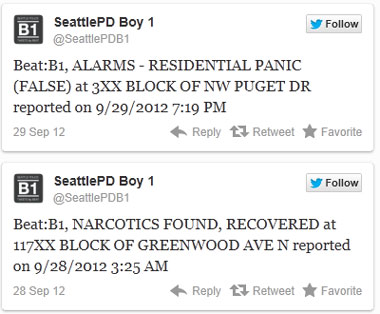Seattle Officer Dismissed After Fatal Incident Involving Graduate Student
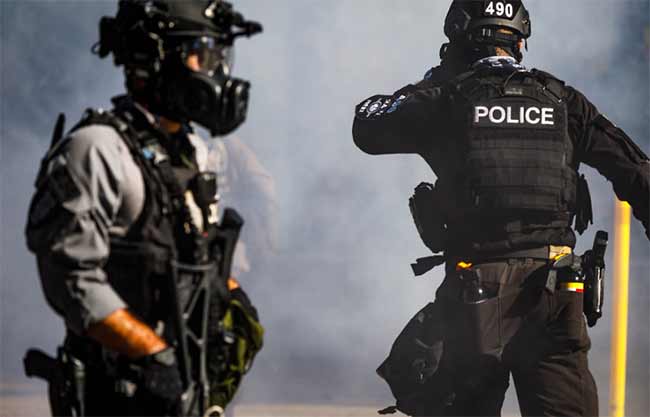
Seattle’s interim police chief, Sue Rahr, has terminated officer Kevin Dave following a city investigation into the tragic death of Jaahnavi Kandula, a 23-year-old graduate student from India. The incident occurred in January 2023 when Dave, responding to an emergency call, struck Kandula with his patrol car while she crossed the street in a marked crosswalk.
The Seattle Office of Police Accountability concluded that Dave had breached multiple department policies, notably the requirement for the safe operation of police vehicles. Investigations revealed that Dave was traveling at 74 mph in a 25 mph zone without a continuous siren at the time of the accident.
The case gained international notoriety following the release of bodycam footage from another officer at the scene, Daniel Auderer, who made insensitive remarks about Kandula’s death. Auderer suggested the department could simply settle the matter financially, noting Kandula’s life “had limited value.” This statement, along with his laughter caught on the recording, fueled public and community outrage.
Despite the King County Prosecutor’s Office deciding against felony charges for Dave in February 2023, citing insufficient evidence of intentional disregard for safety, the incident led to severe repercussions. Dave was fined $5,000 for negligent driving, and the global outcry prompted further scrutiny and calls for accountability.
The Kandula family has filed a lawsuit seeking over $110 million, citing the severe emotional distress and pain Kandula suffered prior to her death. The family’s legal action, along with ongoing public criticism, continues to put pressure on the Seattle Police Department and local governance to address concerns over police conduct and the safety of community members.

